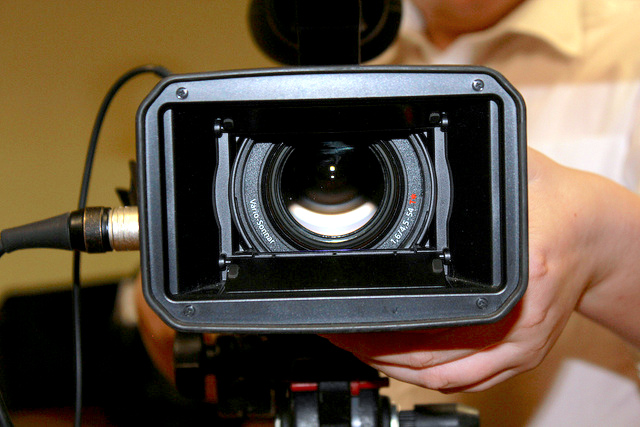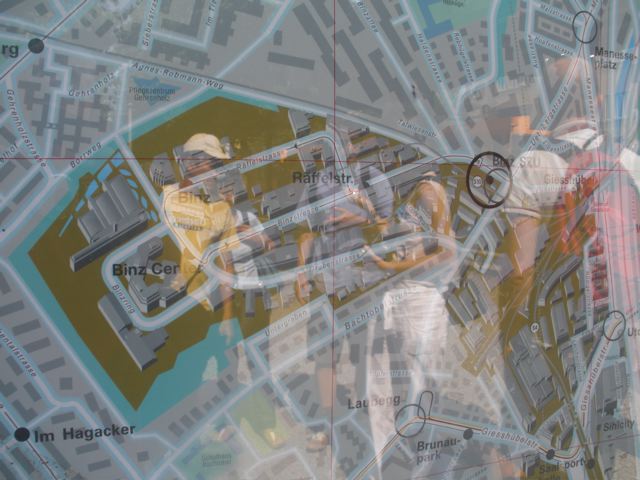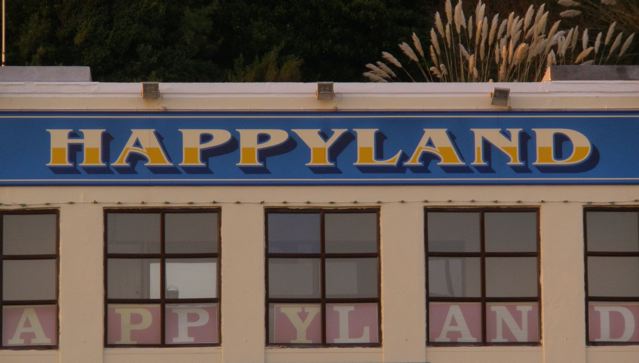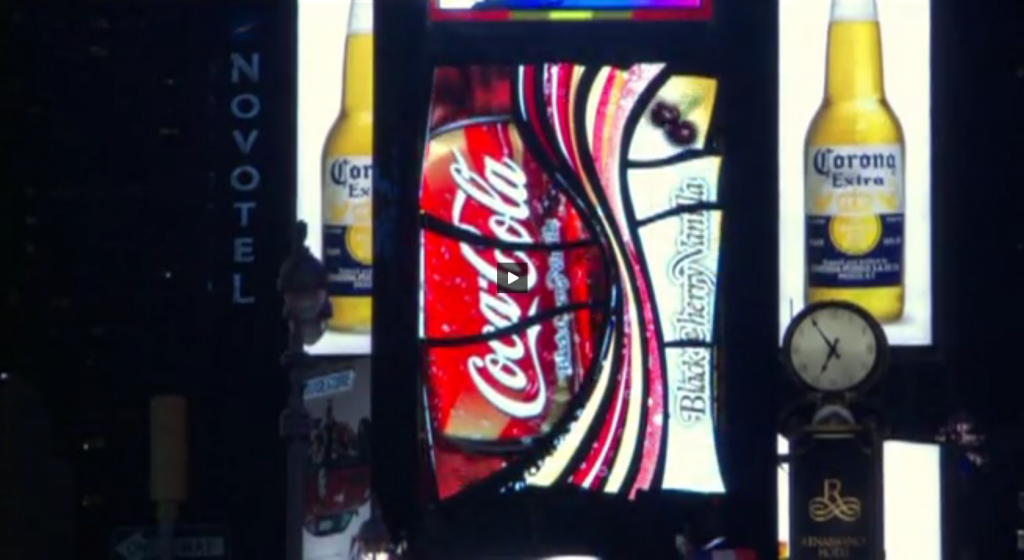Are you a small, socially engaged organisation? Do you want to promote the great work you do using video? You have no money to commission a promotional video nor enough confidence or equipment to produce in-house engaging video content? Do you have your promotional video idea in mind and need help to make it real?
Spectacle wants to support you by skilling you up while helping you produce your amazing first promotional video!
Why Spectacle?
We are a small, socially-minded company whose profits go back in to funding our community based work. We therefore want to support other organisations with a bespoke programme that will help you produce your first video while being trained in video making. We have applied a generous discount to our standard prices in order to help you reach your aims and to contribute to your success.
Spectacle is an award winning independent television production company specialising in documentary, community-led, investigative journalism and participatory media. Spectacle’s documentary work has been broadcast and exhibited internationally. We have produced work on commission for clients including Amnesty International, the Joseph Rowntree Foundation, the Howard League for Penal Reform, Council of Europe, Groundwork, the London Health Commission, the NHS, Big Local and the Wellcome Trust.
As well as undertaking productions, Spectacle runs short, sharp, affordable training courses and community based media workshops. We are based in London but can travel within Europe to deliver bespoke group sessions. We believe our courses are the best around, largely based on the exceptional feedback we have received from the hundreds of people we have trained over the years.
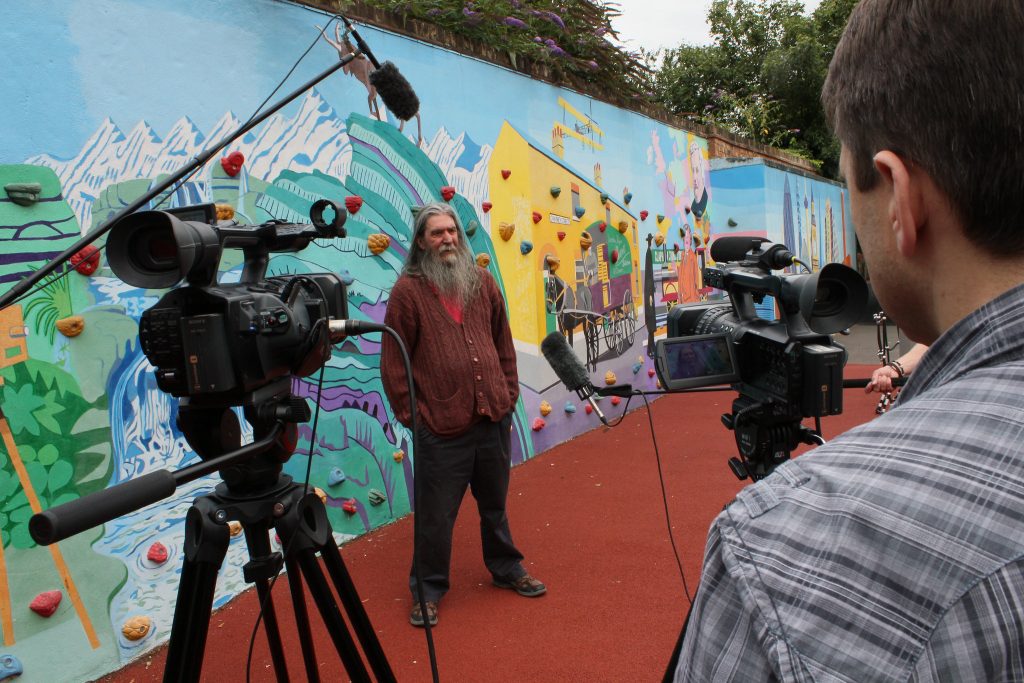
What will you get?
You will have your first video professionally produced by an award winning production company. You will also learn how to make your second video, building up confidence and practical knowledge that will scale up your outreach and marketing strategies.
What services are provided?
We are offering a bundle of services that will guide your staff (up to 8 people) through a specifically designed programme of training and production based on your video project.
You will attend practical workshops on video making and you will be assisted in your real shoot by our director. You will have complementary equipment (second camera, audio recording, lights) and extra crew if needed. Then we will train you on how to effectively use video editing software, sitting together in front of your project to get the editing process started. Our professional editors will finalise your video and guide you through uploading and promoting it on you social networks and media platforms.
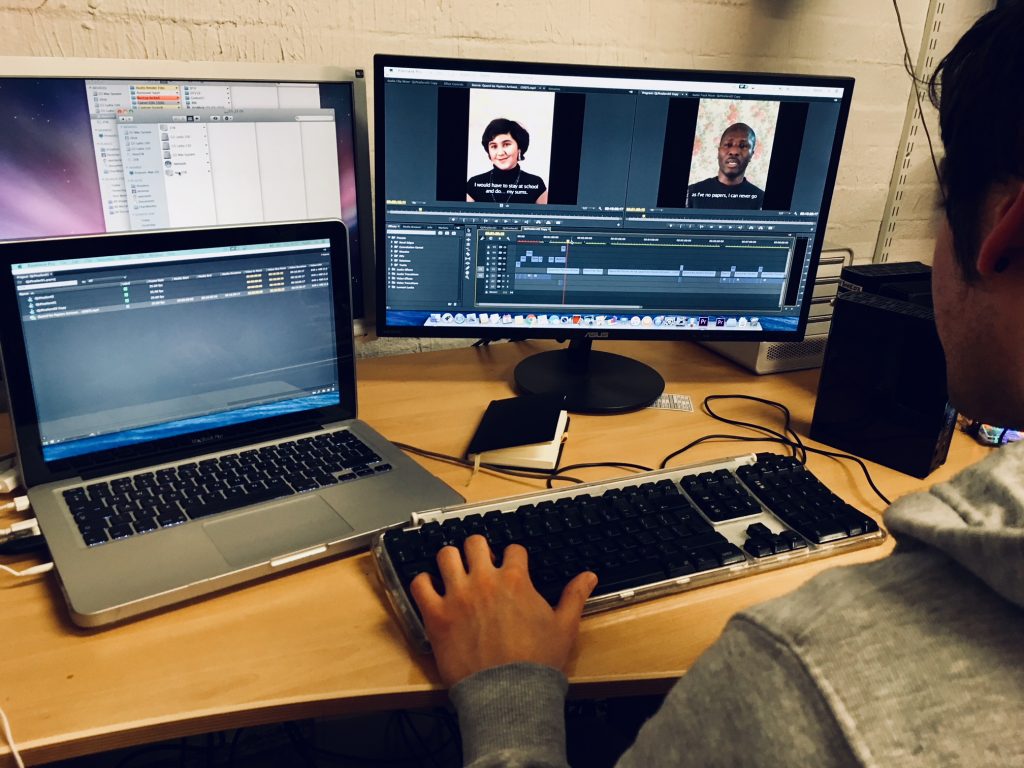
Discount applies to voluntary sector only and is not applicable after 31/05/2018
We are offering two options, depending on how confident you are already in video making and on the nature of your projects.
Option1 (groups up to 8)
2 Day Bespoke Training in Videography
1 Day Shooting (assisted with extra equipment and crew if necessary)
1 Day Editing Workshop (Introduction to Software and workflow. Preparation of Edit)
4 Days Professional Editing.
TOTAL normal price 4000
TOTAL for voluntary sector 2000
Option2 (groups up to 8)
1 day Bespoke Training in Videography
1 Day Shooting (assisted with extra equipment and crew if necessary)
1 Day Editing Workshop (Introduction to Software and workflow. Preparation of Edit)
2 Days Professional Editing.
TOTAL normal price 2800
TOTAL for voluntary sector 1600
Contact us for more info at production@spectacle.co.uk
If you are interested in our work visit Spectacle homepage
Like Spectacle Documentaries on Facebook
Follow SpectacleMedia on Twitter
For information on Spectacle training courses
If you would like more information on Spectacle sign up for the Newsletter

